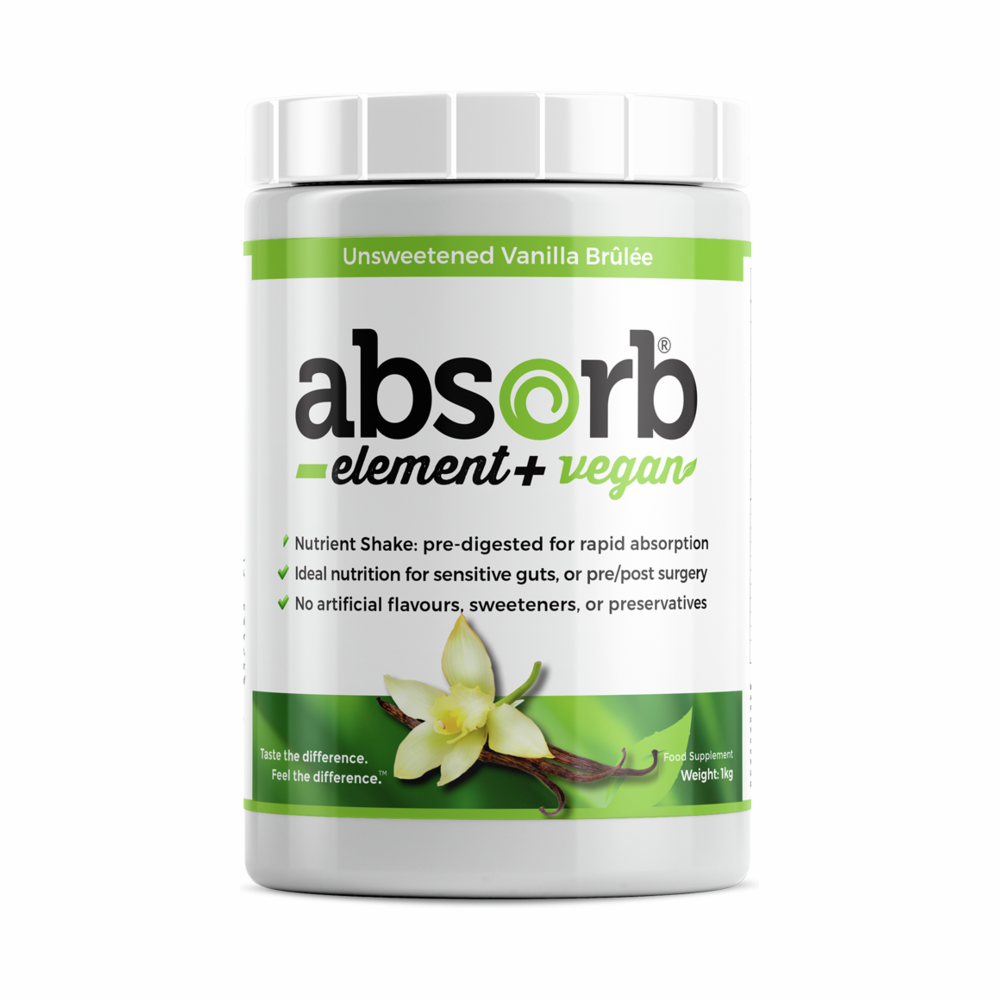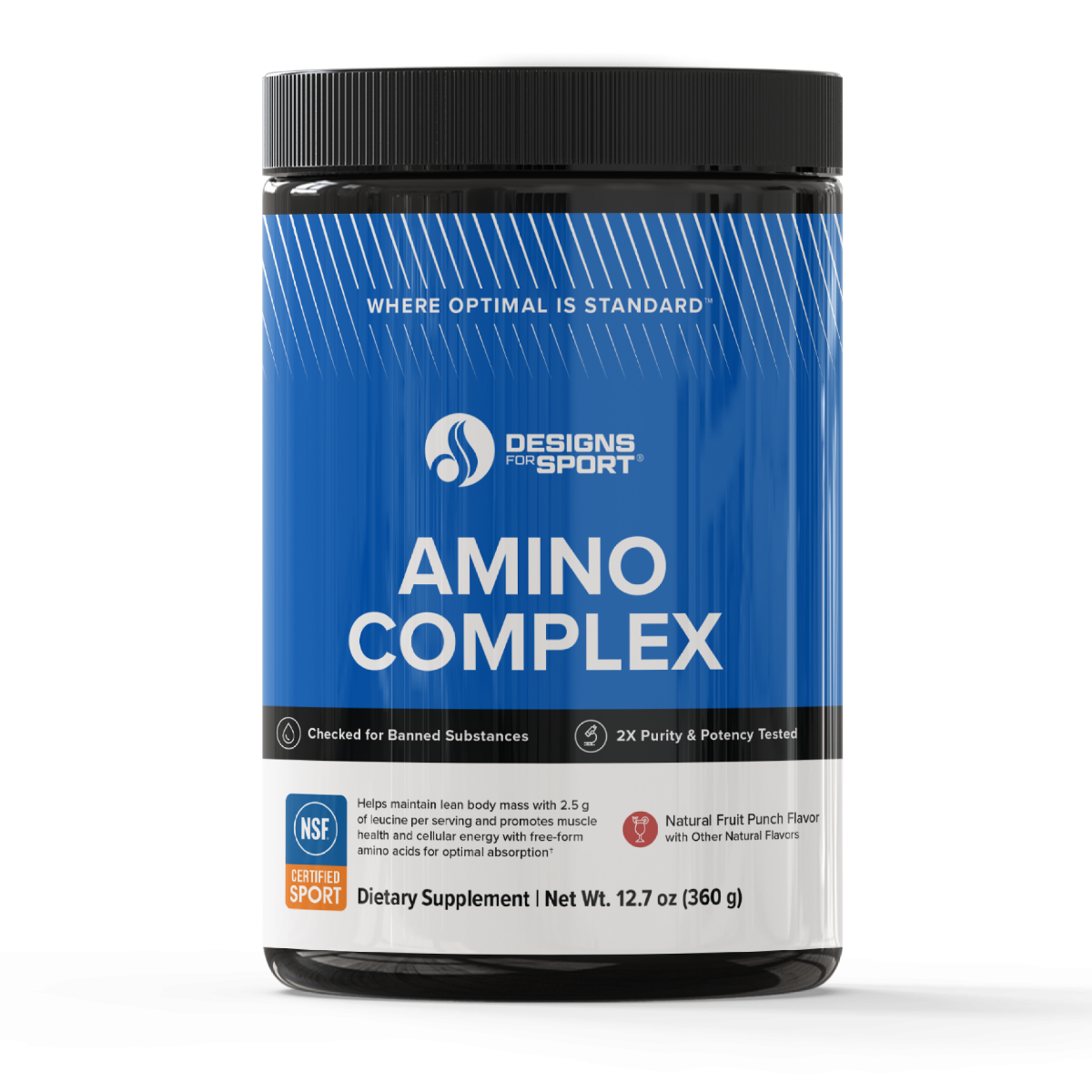Do Runners Need Protein?
Whether you're sprinting toward a personal best or simply enjoying the rhythm of the road, running demands a lot from the body. The right nutrition can make all the difference between hitting your stride and hitting a wall. But when it comes to protein, a nutrient often associated with bodybuilders and weightlifters, do runners really need it?
The Role of Protein in a Runner’s Diet
Protein is essential for muscle repair, recovery, and overall performance. While carbohydrates are the main source of energy for runners, protein plays a crucial supporting role:
- Muscle Repair & Growth: Running—especially long-distance or high-intensity training—puts strain on muscles. Protein helps rebuild microtears and strengthens muscles over time.
- Recovery & Reduced Soreness: After a tough run, protein aids in recovery, reducing muscle soreness and preparing your body for the next workout.
- Injury Prevention: Strong muscles and tissues lower the risk of injury, making protein a key component of a runner’s resilience.
Protein Requirements for Every Type of Runner
How Much Protein Does a Runner Need? The ideal amount of protein a runner needs depends on factors like intensity, duration, and individual needs. A general guideline:
- Casual runners: 0.8–1.2 grams of protein per kilogram of body weight.
- Endurance runners: 1.2–1.6 grams per kilogram.
-
Strength-training runners: 1.6–2.0 grams per kilogram.
Sprints
For a 100m sprint, protein needs are generally lower than those of endurance runners, but sprinters still require adequate protein for muscle recovery, strength, and explosive power.
Recommended Daily Protein Intake for Sprinters
Protein requirements vary based on training intensity, body weight, and individual needs. However, general guidelines suggest:
- Casual sprinters: 1.2–1.4 grams of protein per kilogram of body weight
- Competitive sprinters: 1.6–2.0 grams per kilogram
- Strength-training sprinters: 2.0–2.2 grams per kilogram
Example: If a sprinter weighs 70 kg, they may need 84–140 grams of protein per day, depending on their training load.
Middle Distances
For middle-distance runners—whether tackling 800m, 5K, or 10K events—protein is essential for muscle recovery, endurance, and overall performance. While carbohydrates remain the primary fuel, protein supports muscle repair and strength to help runners stay resilient across training sessions.
Recommended Daily Protein Intake for Middle-Distance Runners
Protein needs depend on training intensity, body weight, and recovery demands. Here are general guidelines:
- Light training: 1.2–1.4g per kilogram of body weight
- Regular endurance running (5K–10K): 1.4–1.6g per kilogram
- Intensive training (speed work & strength training): 1.6–2.0g per kilogram
Example: A 70kg middle-distance runner may need 98–140g of protein daily, depending on their intensity and goals.
Long Distances
For runners tackling a half or full marathon, protein needs vary depending on training intensity, mileage, and individual body weight. Here are the general guidelines:
- Recreational marathon runners: 1.2–1.6g per kilogram of body weight
- Competitive endurance runners: 1.6–2.0g per kilogram
- High-intensity training (speed, hill work, strength training included): 2.0–2.2g per kilogram
Example: A 70kg long-distance runner may need 84–140g of protein per day, depending on their race preparation and recovery needs.
Protein Needs: Middle vs. Long-Distance Runners
Generally, middle-distance runners tend to require slightly more protein than long-distance runners because they rely more on fast-twitch muscle fibers, which experience higher-intensity strain during training. Long-distance runners, on the other hand, primarily use slow-twitch fibers, which endure prolonged stress but don’t need as much repair from explosive movements.
Middle-Distance Runners:
- More explosive movements (sprints, surges) → greater muscle breakdown
- Require higher protein intake for speed, power, and muscle recovery
Long-Distance Runners:
- More endurance-based training → focus on sustaining energy over time
- Require moderate protein intake to aid recovery but prioritize carbohydrate intake
Best Protein Sources for Runners
Not all protein sources are created equal - Here are some of the best options for sustaining energy and optimizing recovery:
- Lean meats (chicken, turkey, fish)
- Eggs (packed with amino acids for muscle repair)
- Dairy (Greek yogurt, cottage cheese, milk)
- Plant-based options (lentils, quinoa, tofu, tempeh)
- Nuts & seeds (almonds, chia seeds, hemp seeds)
- Protein shakes (for post-run recovery)
When Should Runners Consume Protein?
Timing is key. The best time to consume protein is within 30–60 minutes post-run, when muscles are primed for recovery. Pairing protein with carbohydrates (e.g., a banana with peanut butter) speeds up muscle repair and replenishes glycogen stores.
|
Design For Sports - Grass-Fed Beef Protein - (Vanilla) 810g |
I’m a Vegan Runner: Can I Still Get the Required Protein?
Absolutely! Being a vegan runner doesn’t mean sacrificing strength, endurance, or recovery. In fact, with the right plant-based sources, you can meet your protein needs and fuel your runs just as effectively as any athlete. Protein plays a crucial role in muscle repair, recovery, and overall performance. As a runner, your muscles undergo stress, and protein helps rebuild and strengthen them over time. But if you’re vegan, you might wonder: Can plant-based sources provide enough protein? The answer is YES! With careful planning, a vegan diet can supply all the essential amino acids necessary for muscle health.
Best Plant-Based Protein Sources for Vegan Runners
Getting enough protein without meat or dairy is easier than you think! Here are some top vegan-friendly options:
- Legumes: Lentils, chickpeas, black beans, and edamame—all rich in protein and fiber.
- Tofu & Tempeh: Excellent complete protein sources with all essential amino acid.
- Quinoa: A protein-packed grain that’s perfect for endurance athletes.
- Nuts & Seeds: Almonds, chia seeds, hemp seeds, and sunflower seeds boost protein intake.
- Oats & Whole Grains: Great for sustained energy and added protein.
-
Plant-Based Protein Powders: Pea, rice, or hemp protein shakes for post-run recovery.
Do Vegan Runners Need Protein Supplements?
Whole foods should be your primary protein source, but supplements can help if you struggle to meet your daily protein needs. A simple protein smoothie with bananas, almond milk, and pea protein can be an easy post-run refuel option.
To optimize muscle recovery, eat protein within 30–60 minutes after running. Pairing protein with carbohydrates (e.g., quinoa with black beans) helps replenish glycogen stores and rebuild muscle tissue faster.
|
Imix Nutrition Absorb Element+ Vegan - 810g |
Do Runners Need Protein Powder?
Runners know the importance of proper nutrition—fuelling endurance, speed, and recovery. While natural protein sources from whole foods are essential, protein powder offers unique advantages that make it a smart choice for many runners. But why opt for protein powder over traditional food sources?
The Benefits of Protein Powder for Runners
While whole foods provide excellent nutrients, protein powder offers several advantages that runners may struggle to get from diet alone:
- Quick Absorption: Whole food proteins take longer to digest, but protein powder absorbs rapidly—making it ideal for post-run recovery when muscles are primed for rebuilding.
- Convenience & Ease: Busy runners don’t always have time to prepare high-protein meals. A shake or smoothie offers on-the-go nutrition without meal prep hassle.
- Precise Protein Intake: Measuring exact protein amounts from food can be tricky, but powders provide consistent, controlled servings, ensuring runners meet their daily requirements.
- Low-Calorie, High-Protein Options: Some runners struggle to get enough protein without excess calories. Powders offer high protein without added fats or carbs, making it easier to manage intake.
- Supports Lean Muscle Maintenance: Runners need strong muscles without excess bulk. Protein powder provides muscle support while keeping calorie counts optimized.
Best Protein Powder Choices for Runners
Not all protein powders are created equal! The best options for runners include:
- Whey Protein: Fast-absorbing, ideal for post-run recovery
- Plant-Based Protein: Pea, rice, or hemp protein for vegan runners
-
Collagen Protein: Supports joint health and injury prevention
While natural protein sources are essential, protein powder provides unique advantages that can optimize performance, recovery, and nutrition. The key is balance—combining whole foods with protein powder ensures runners get the best of both worlds.
Should You Have a Protein Shake Before or After a Run?
Timing your nutrition as a runner can make a big difference in performance and recovery. Protein is crucial for muscle repair and endurance, but should you have a protein shake before or after your run?
Protein Shake BEFORE a Run:
Pros:
- Provides sustained energy if combined with carbohydrates
- Can prevent muscle breakdown during longer runs
- Helps keep hunger at bay
Cons:
- Can feel heavy on the stomach, especially close to run time
- Takes longer to digest, meaning it may not offer immediate energy
- May cause discomfort if consumed in excess
Protein Shake AFTER a Run:
Pros:
- Speeds up muscle recovery
- Replenishes depleted energy stores
- Reduces soreness and fatigue
Cons:
- Works best when paired with carbohydrates for full recovery
- Too much protein alone may slow glycogen replenishment
If you had to pick one, a post-run protein shake is the best choice for recovery and muscle maintenance. However, pre-run shakes work well for longer runs when paired with carbs for sustained energy.
|
Amino Complex (Fruit Punch) - 360g |
Final Thoughts: Is Protein Necessary for Runners?
Absolutely! While carbs remain the primary energy source for runners, protein plays a vital role in muscle health, recovery, and overall endurance. Without enough protein, runners may experience slower recovery times, increased soreness, and even a higher risk of injuries. Running supplements for pre-run and recovery.
So, next time you lace up your running shoes, make sure your nutrition is working just as hard as you are!








